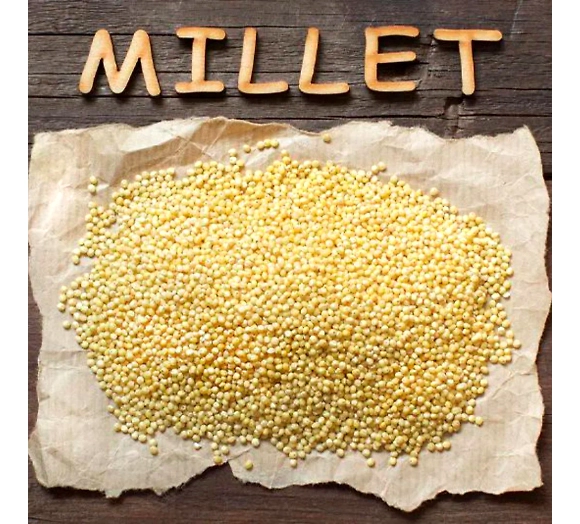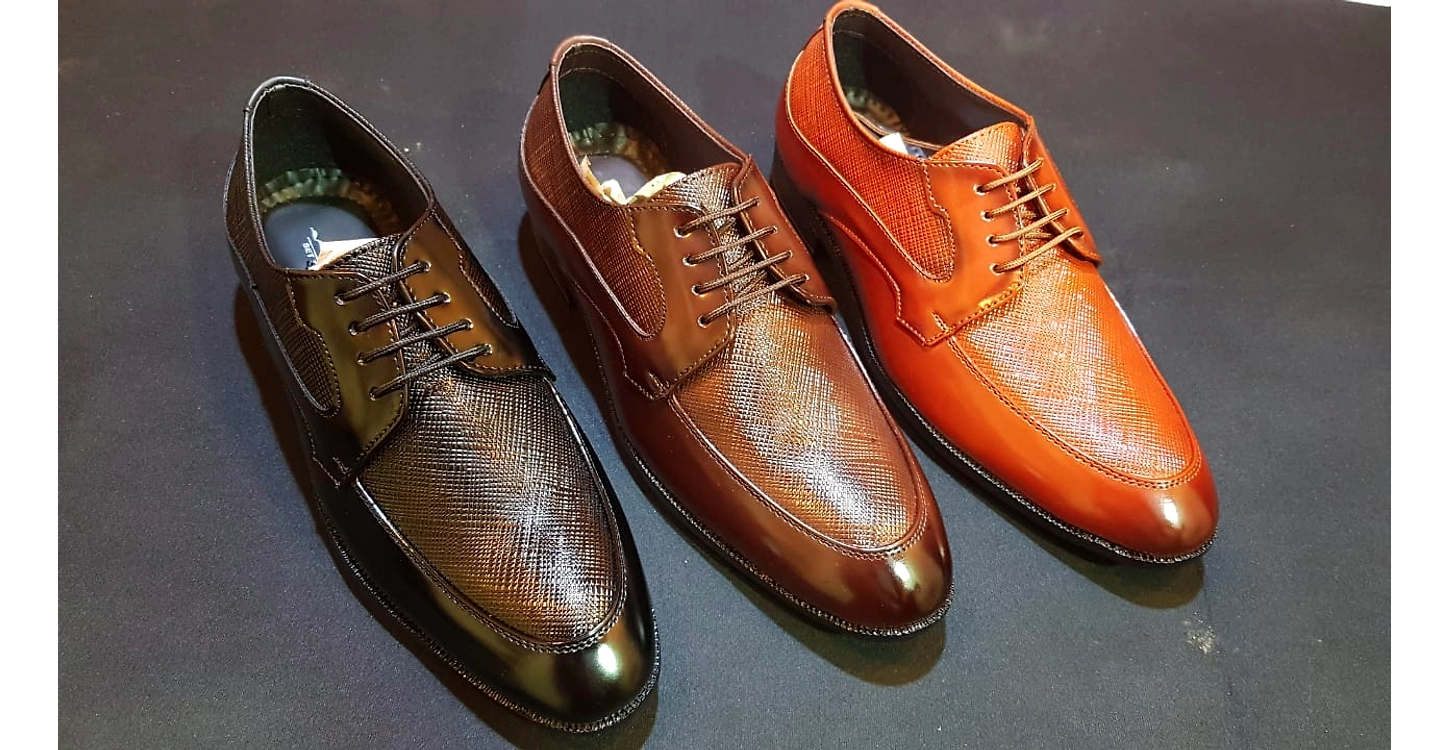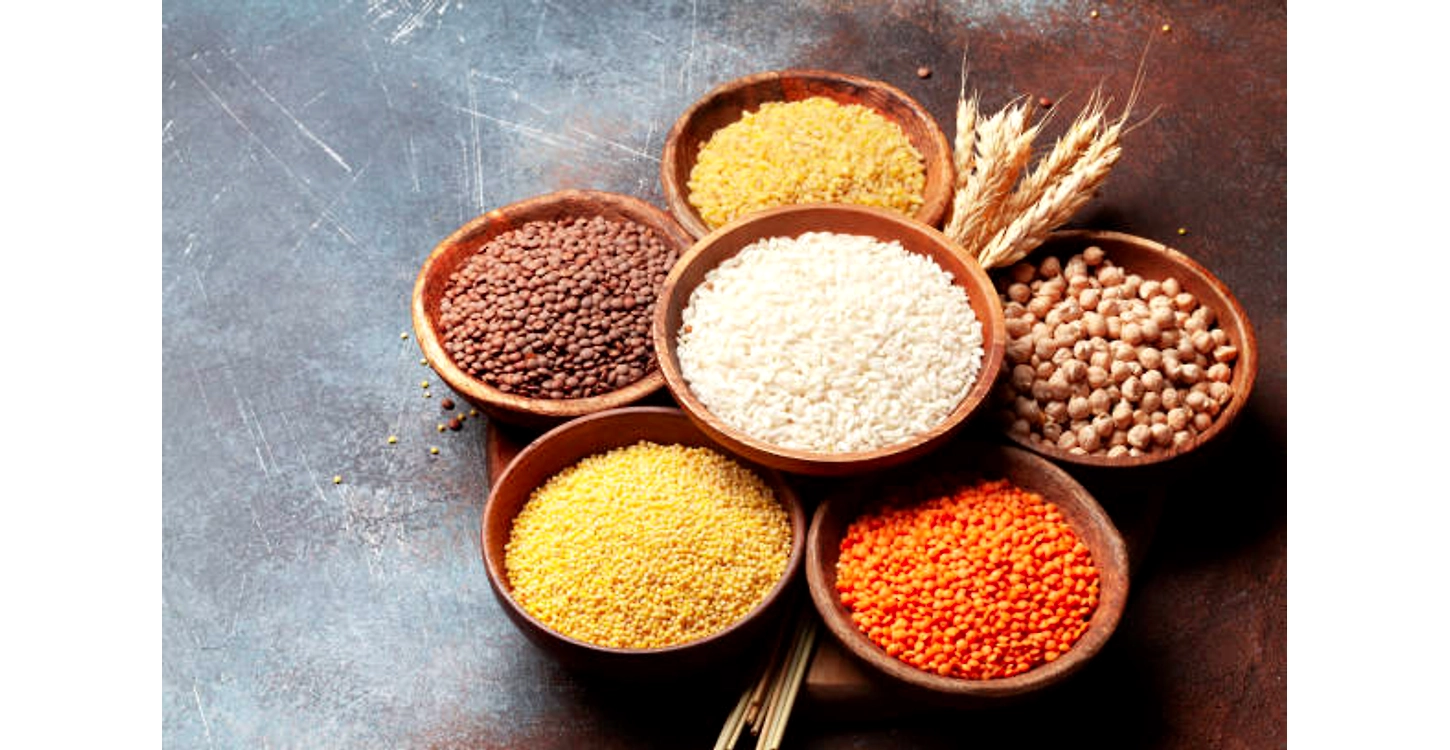Welcome to White Horse Renewable Power.
White Horse Renewble power business started under leadership of Seetharaman, an successful Engineer , was a software Developer and held several positions in field of engineering. The activities started on 2021 as a trading entity with a single commodity and a single international client. As a result of our constant evolution process, today we are player in global commodity trade, with a portfolio mix comprising multiple commodities, clients, and geographies. Over the years, White Horse Exports/services(WHE/S). has created a niche for itself by fulfilling commodity requirements in India, the Middle East, South and South East Asia, Far East, Australia, Europe, and Africa. Today, WHE/S is well known as a leading Buyer, Processor, Marketer, Exporter and Importer of bulk agricultural commodities namely Sugar, Edible Oils, Oil Seeds, Pulses, Cotton and a number of specialty crops. WHE/S also offers innovative financial structured products which linked to physical commodities. The White Horse team is a perfect blend of experienced professionals from the technical, commercial, trading/logistics and financial background. This combined with the Company’s vision backed by professional competence, hard work, and unrelenting efforts have led to its sustainable growth.
Agriculture
Softwares
Electrical Appliances
Footwears and Bags
Millet products
Worldwide, millets are regarded as a significant grain, however, they are the least exploited. Millet grain is abundant in nutrients and health-beneficial phenolic compounds, making it suitable as food and feed. The diverse content of nutrients and phenolic compounds present in finger and pearl millet are good indicators that the variety of millet available is important when selecting it for use as food or feed. The phenolic properties found in millets compromise phenolic acids, flavonoids, and tannins, which are beneficial to human health. Moreover, finger millet has an exceptionally unique, more abundant, and diverse phenolic profile compared to pearl millet. Research has shown that millet phenolic properties have high antioxidant activity. The presence of phytochemicals in millet grains has positive effect on human health by lowering the cholesterol and phytates in the body. The frantic demands on maize and its uses in multiple industries have merited the search for alternative grains, to ease the pressure. Substitution of maize with pearl and finger millets in the diets of different animals resulted in positive impact on the performance. Including these grains in the diet may improve health and decrease the risks of diseases. Pearl millet of 50% or more can be used in broiler diets without adversely affecting broiler performance or egg production. Of late, millet grain has been incorporated in other foods and used to make traditional beverages. Thus, the core aim of this review is to provide insight and comprehension about the nutritional and phenolic status of millets and their impact on human and livestock.
Read More






